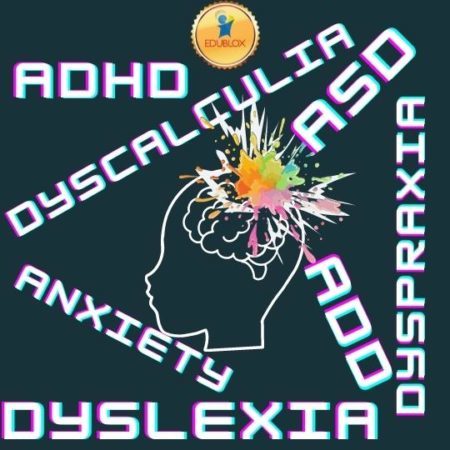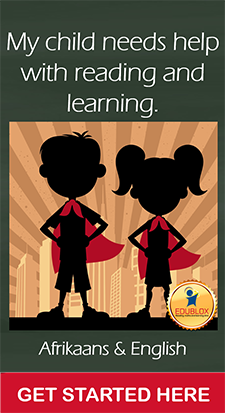
 With social media and the online world making more information accessible, a new buzzword appears every now and then. The latest of these is neurodiversity. But what is neurodiversity really, and what effect does it have on our view of learning disabilities like autism, dyslexia, and ADHD?
With social media and the online world making more information accessible, a new buzzword appears every now and then. The latest of these is neurodiversity. But what is neurodiversity really, and what effect does it have on our view of learning disabilities like autism, dyslexia, and ADHD?
Neurodiversity describes the idea that people experience and interact with the world around them in many different ways; there is no one right way of thinking, learning, and behaving, and differences are not deficits.
Neurodiversity postulates that some degree of neurological difference is part and parcel of the human genome, which evolved because it benefits our species even when it disables some individuals, says Neurodiversity Scholar in Residence John Elder Robison. The emerging view of autism is that of a neurological difference conferring a mix of gift and disability. That viewpoint is now being extended to other inborn neurological differences, like ADHD and dyslexia.
In other words, neurodiversity is a movement that believes neurological differences like dyslexia are normal variations in brain development. This is a major shift from a history of stigmatisation to a group of people who may see the world through differently tinted glasses. The right to own your neurological differences and not be ashamed of them is being reclaimed.
Autism, ADHD, dyslexia, dyscalculia, dyspraxia, Tourette’s syndrome, and intellectual disabilities are all neurodiverse conditions. For parents of children that may fall into some of these categories, the movement makes a significant difference. Finally, the positives associated with each neurodiverse population are recognised, whereas before, the focus was firmly on learners’ disadvantages or difficulties. With the stigma washing away, learners, their families, and educators can now focus on developing and celebrating strengths.
While this is a much-welcomed change, there is the risk that the associated difficulties might now be underplayed and accepted as part and parcel of being neurodiverse. Of course, it is imperative for learners not to be defined by their deficits. Equally important is to still have high expectations for these learners and support them in achieving their full potential, which includes parents making informed decisions to ensure their child is in the right school and receiving proper support.
Getting extra help from a provider such as Edublox now goes beyond addressing a disability. It is about empowering and equipping children with the right tools to achieve in a world that is more aware and accepting of their neurodiversity and its value.







Interesting! Thank you for sharing such an informative article about acceptance around neurodiversity. Looking forward to your next post!
Thank you for the comment Darrell. Make sure you follow us on social media to get updates on our upcoming posts.